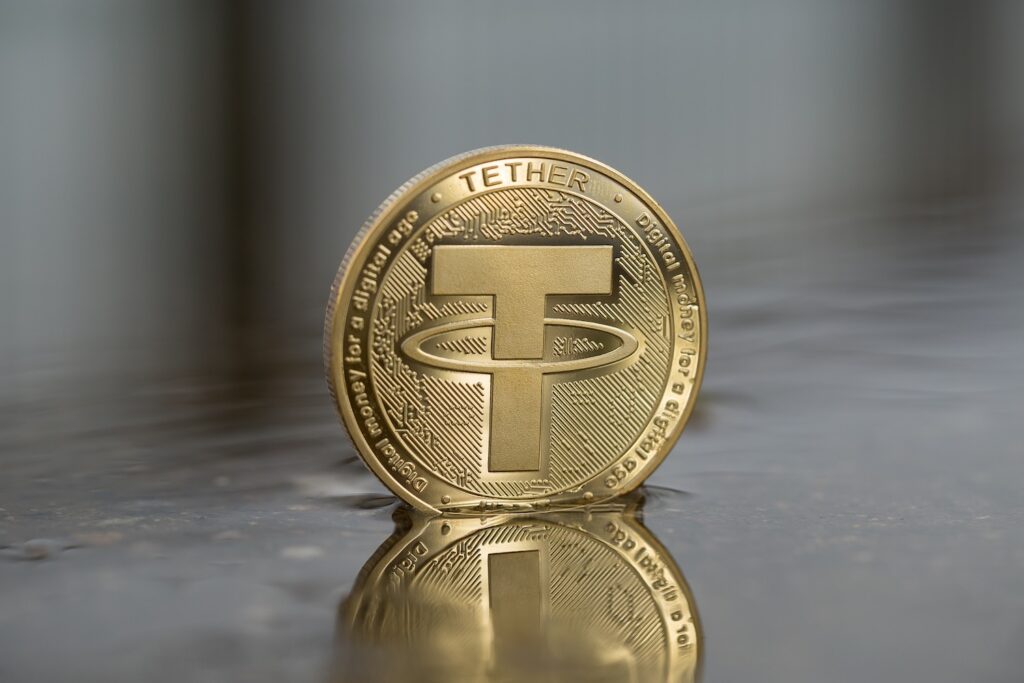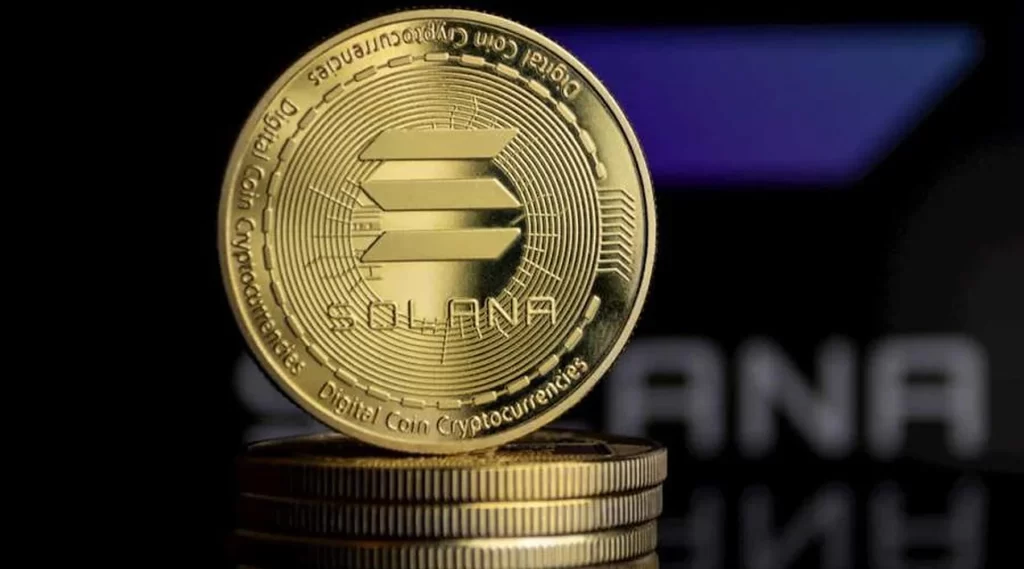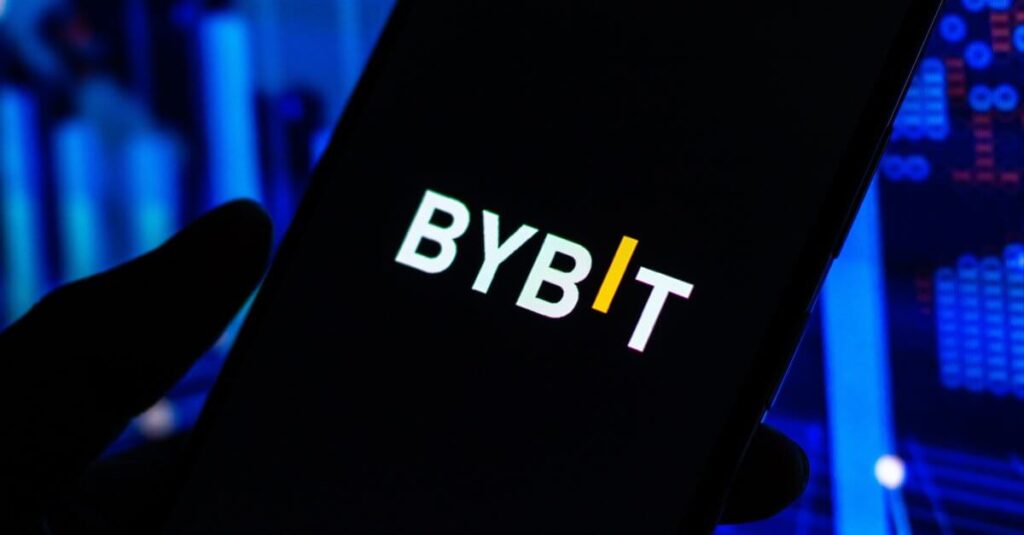Zug, Switzerland, May 17th, 2024, Chainwire
Alephoria invites web3 users to the Aleph Zero ecosystem with an interactive initiative of campaigns as projects launch
Aleph Zero–the privacy-oriented layer 1 blockchain–is gearing up for a surge of new users with its Alephoria campaign. Newcomers can look forward to airdrops and other promotional activities as they join the expanding ecosystem.
Dozens of teams are actively developing groundbreaking solutions on Aleph Zero, spanning DeFi, web3 identity, liquid staking, RWA tokenization, content creation, and gaming, among other areas. At the heart of this innovation is Aleph Zero–a blazingly-fast blockchain that enables all these advancements through its modular and compliant approach to ZK privacy.
The network offers instant transaction finally with subsecond speeds, powered by AlephBFT, its proprietary consensus mechanism that integrates Directed Acyclic Graph (DAG) technology with Proof of Stake. Moreover, its data confidentiality engine skillfully balances transparency with data protection, aligning with AML/CFT regulations. These fundamental features make Aleph Zero an attractive platform for users, developers, enterprises and regulators worldwide.
Adding new utility to AZERO, the native coin
AZERO, the native coin of the Aleph Zero ecosystem, facilitates leading web3 developers in crafting new products and generating sustainable value, and unlocks a world of benefits for its holders through unique campaigns and rewards.
Staking AZERO offers users the opportunity to earn rewards directly in AZERO coins for participating in the network. For a quick start to staking, users can refer to the concise guide available now.
Additionally, AZERO serves as users’ gateway to Alephoria, offering them the chance to participate in significant ecosystem-wide airdrop campaigns from various projects.
Common Drops–the first major airdrop campaign
Launching alongside Common AMM—the first mainnet release from Aleph Zero’s DeFi platform, Common—the Common Staking Drops campaign is set to begin on May 21st. Common AMM, a Uniswap-like decentralized exchange, offers a user-friendly trading experience, built-in bridging between Aleph Zero and Ethereum, and incentives for users.
The campaign will reward participants who are active in staking, both before and throughout the duration of the campaign, with the rewards increasing the longer one participates, based on the daily average of their stake during each round.
Simultaneously, Common LP Drops will start rewarding users engaged in liquidity farming. These Drops are non-transferable initially but will be redeemable for CMN—the platform’s token—once it launches, aligning with Common’s vision of enhancing trading efficiency and confidentiality across its multi-chain DeFi suite.
Experience Alephoria
The ecosystem is rapidly expanding–and Alephoria is your key to getting the most out of it. A flurry of fresh Alephoria campaigns are either active–or lining up to launch in the near future. These include:
- DRKVRS–a Web3 multiplayer action RPG game with innovative mechanics, set in a dystopian and brutalist world. Users ca sign up for their presale whitelist at TRANSRAAD DAO.
- Abax–a unique fair lending protocol. The Stakedrop where stakers have already reserved $4M ABAX–or 20% of the tokens allocated for the first phase of the public contribution is in the last stages.
- Upcade–a web3 gaming hub powered by AZERO. Users can participate in the Block Spector Tournament–an FPP game tournament with 70,000 AZERO rewards pool.
- Kintsu–a liquid staking protocol. The Testnet implementation is already live while the OG roles can be already obtained by early users, leading to potential airdrops.
- The Aleph Zero x Galxe Takeover–Users are invited to know the Aleph Zero ecosystem through on-chain questing and potentially win additional rewards.
- The Commoners–Users can get a unique NFT from The Commoners collection for AZERO holders.
Go to alephoria.com to learn more about the initiatives!
About Aleph Zero
Aleph Zero is a layer 1 blockchain engineered for speed, data confidentiality, and ease of development. It achieves efficiencies akin to conventional web2 systems, upholds rigorous standards for data protection via ZKP and MPC, and offers a comprehensive toolset for WASM-based web3 development in Rust. Aleph Zero’s versatility is highlighted by over 40 use cases being actively developed, showcasing its adaptability across various sectors and applications. These use cases are part of an engaged community and growing ecosystem of web3 applications that are supported by Aleph Zero programs.
For more information, users can visit Aleph Zero’s website or follow Aleph Zero’s Twitter.
Contact
PR Specialist
Ana Lezama
Aleph Zero
ana@serotonin.co









